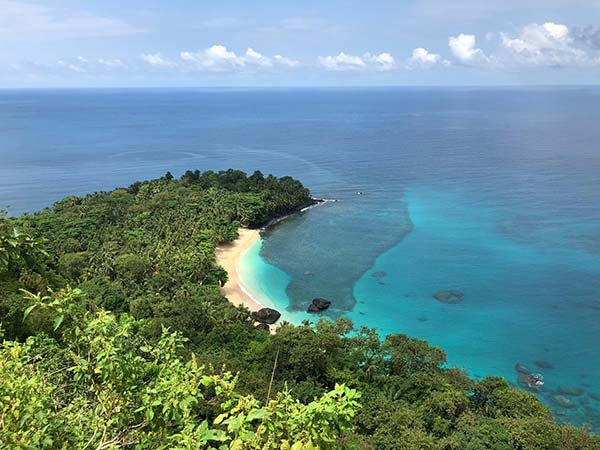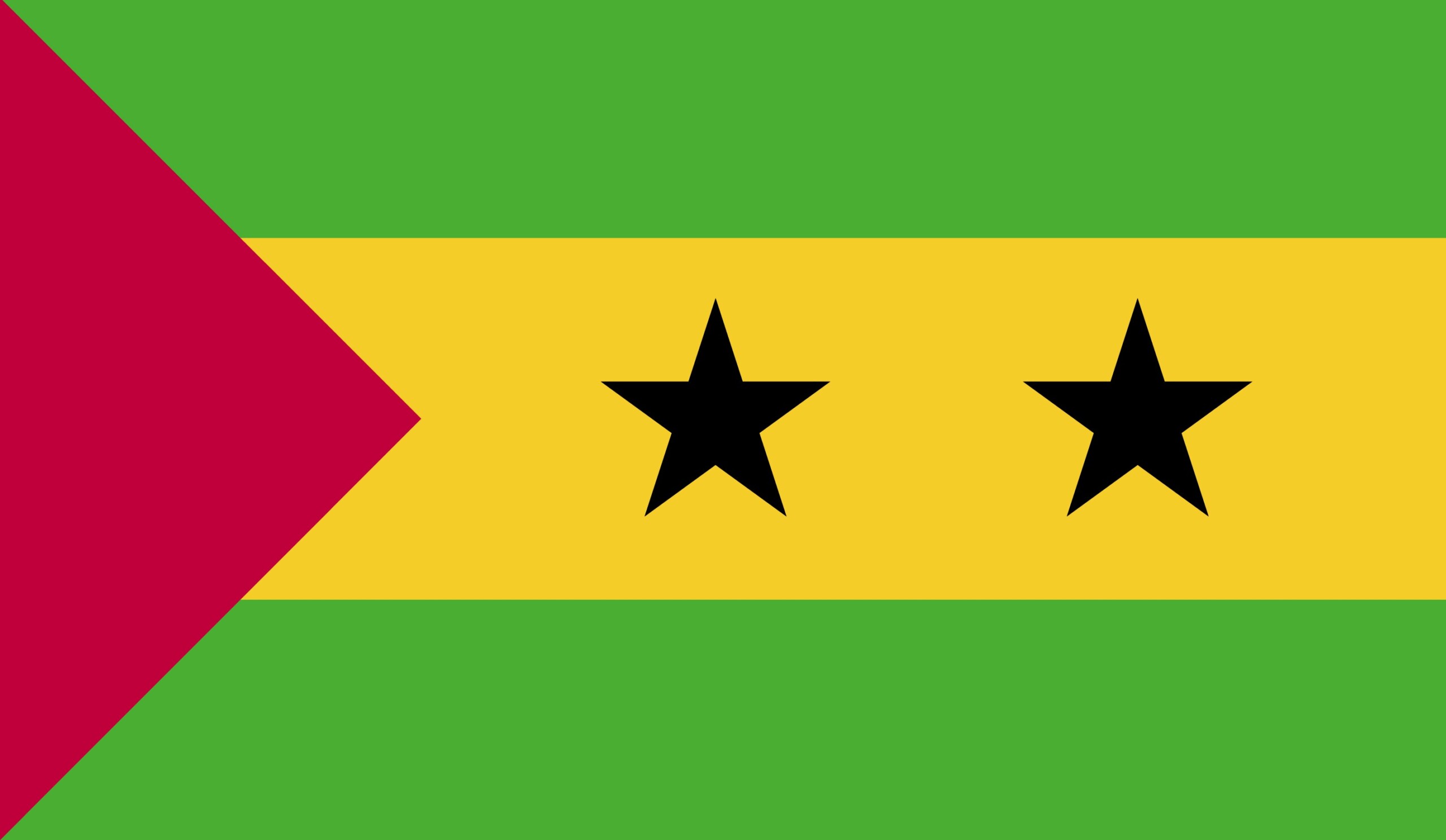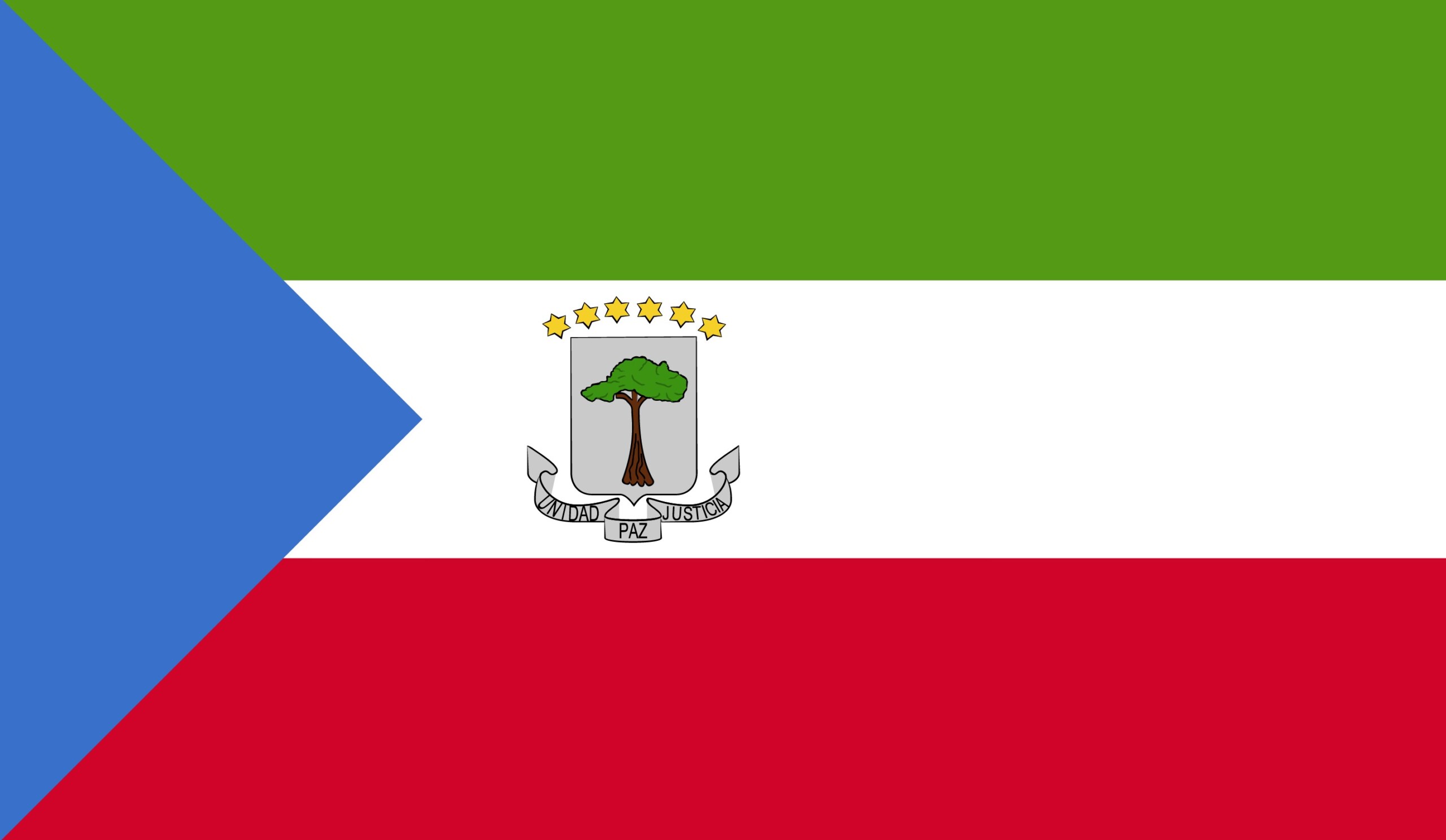Our Criteria for Site Selection
The presence of Anopheles mosquitoes
Geographic and environmental features that limit mosquito dispersal
Restricted movement of genetic material between target and non-target mosquito populations
The geographic and genetic isolation criteria are best satisfied on oceanic island sites and our initial review of 22 islands across Africa identified two candidate sites where we are currently conducting baseline data collections and engagement.
Read more about our field site selection process HERE.
GEOGRAPHICALLY ISOLATED
ISLANDS




